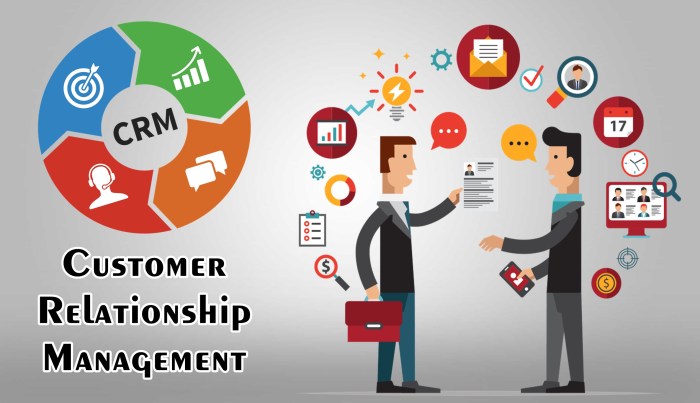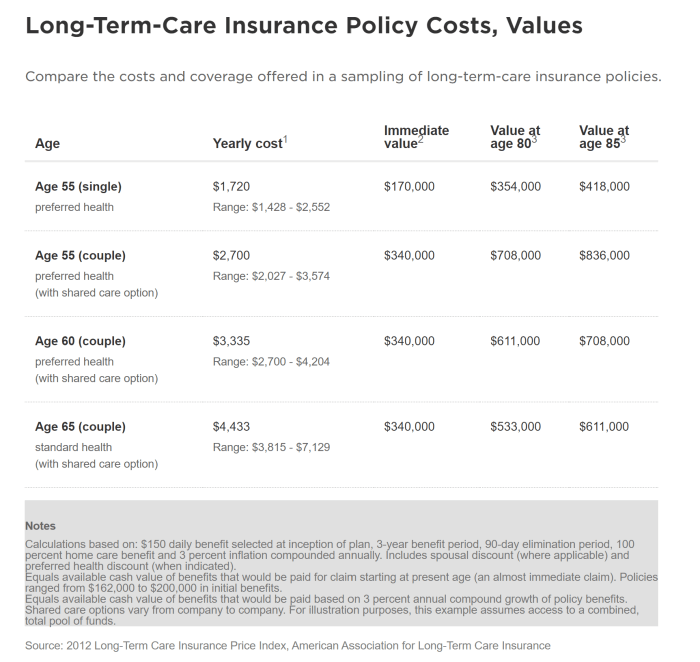Defining the Service Industry’s CRM Needs: Crm Software For Service Industry

Crm software for service industry – The service industry, encompassing a vast array of businesses focused on providing intangible services rather than physical products, faces unique challenges in managing customer relationships. Effective customer relationship management (CRM) is crucial for success in this sector, as it directly impacts customer satisfaction, loyalty, and ultimately, profitability. The diverse nature of service businesses, however, necessitates tailored CRM solutions to address their specific needs.The core challenge for service businesses lies in the intangible nature of their offerings.
Unlike tangible products, services are often experienced rather than possessed, making consistent quality assurance and customer feedback vital. Furthermore, the human element plays a significant role in service delivery, meaning that individual interactions can greatly influence customer perception. This necessitates a robust system for tracking interactions, managing individual customer preferences, and ensuring consistent service delivery across all touchpoints.
CRM software provides the tools to overcome these challenges by centralizing customer information, streamlining communication, and facilitating data-driven decision-making.
Service Industry Challenges and CRM Solutions
Effective CRM addresses several key challenges in the service industry. The lack of a physical product makes it difficult to measure customer satisfaction directly. CRM software allows for systematic feedback collection through surveys, reviews, and interaction logs, providing valuable insights into customer experience. Additionally, managing multiple customer touchpoints, from initial contact to ongoing service, can be complex. CRM systems centralize this information, offering a single view of the customer journey, which helps maintain consistency and personalization.
Finally, effective workforce management in service industries is crucial. CRM systems integrate scheduling, task assignment, and performance tracking, optimizing resource allocation and improving operational efficiency.
Specific CRM Requirements Across Service Industries, Crm software for service industry
Different service industries have unique requirements for CRM software. Consider the hospitality industry, where personalized service is paramount. A CRM system must efficiently manage guest preferences, track past interactions, and facilitate seamless communication across various departments (e.g., front desk, housekeeping, concierge). In healthcare, patient data privacy and regulatory compliance are critical. A healthcare-specific CRM must adhere to strict data security protocols and facilitate efficient patient record management.
Field service businesses, such as those providing repair or maintenance services, need CRM systems with robust scheduling, dispatching, and job tracking capabilities.
Comparison of CRM Needs Across Service Industries
| Industry | Key Challenges | Required CRM Features | Example CRM Features |
|---|---|---|---|
| Hospitality (Hotels) | Managing guest preferences, ensuring consistent service across touchpoints, handling reservations and bookings effectively. | Guest profile management, reservation management, communication tools (e.g., email, SMS), service history tracking, loyalty program integration. | Automated email campaigns for birthdays, personalized service reminders, real-time reservation updates |
| Healthcare (Clinics) | Maintaining patient privacy, ensuring regulatory compliance (HIPAA, GDPR), managing appointments, tracking patient history and treatment plans. | Secure data storage, appointment scheduling, patient portal integration, electronic health record (EHR) integration, compliance tracking. | Secure messaging between doctor and patient, automated appointment reminders, integrated billing system |
| Field Service (Repair Companies) | Scheduling and dispatching technicians, tracking job progress, managing inventory, ensuring timely service delivery. | Job scheduling and dispatching, technician management, inventory tracking, GPS tracking, mobile access for technicians. | Real-time job status updates, automated invoicing, integration with mapping software |
Implementing and Managing a CRM System

Implementing a CRM system in a service-based organization requires a structured approach to ensure successful adoption and maximize its benefits. This involves careful planning, execution, and ongoing management to optimize operational efficiency and enhance customer relationships. A phased implementation minimizes disruption and allows for iterative improvements based on feedback.
CRM System Implementation Steps
A successful CRM implementation follows a series of well-defined steps. These steps ensure a smooth transition, minimizing disruption to daily operations and maximizing the return on investment. Ignoring these steps can lead to system failure and wasted resources.
- Needs Assessment and Planning: This initial phase involves a thorough analysis of the organization’s specific needs, identifying key processes to be automated, and defining the desired outcomes of CRM implementation. This includes identifying stakeholders and their needs and selecting the appropriate CRM system based on scalability, functionality, and budget.
- System Selection and Customization: Choosing the right CRM software is crucial. Factors to consider include the software’s features, integration capabilities, scalability, and cost. Customization may be necessary to align the system with the organization’s unique workflows and processes.
- Data Migration and Cleansing: Existing customer data must be migrated to the new CRM system. This requires careful planning and execution to ensure data accuracy and integrity. Data cleansing is crucial to eliminate duplicates and inconsistencies.
- System Configuration and Testing: Once the data is migrated, the system needs to be configured to reflect the organization’s specific workflows and processes. Thorough testing is essential to identify and resolve any issues before the system goes live.
- Deployment and Go-Live: This phase involves launching the CRM system across the organization. A phased rollout approach, starting with a pilot group, can minimize disruption and allow for adjustments based on feedback.
- Ongoing Maintenance and Support: Regular maintenance and updates are necessary to ensure the system’s performance and security. Ongoing support from the vendor or internal IT team is crucial to address any issues that may arise.
Employee Training Strategies
Effective employee training is vital for successful CRM adoption. A comprehensive training program ensures that employees understand the system’s functionality and can use it effectively to improve their work. Poor training can lead to low adoption rates and wasted investment.
- Multiple Training Modalities: Offer a variety of training methods, such as online modules, instructor-led sessions, and on-the-job training, to cater to different learning styles.
- Hands-on Practice: Provide ample opportunities for employees to practice using the system in a simulated environment before using it with real customer data.
- Ongoing Support and Refresher Courses: Offer ongoing support and refresher courses to keep employees up-to-date with the latest system features and best practices.
- Gamification and Incentives: Consider using gamification techniques and incentives to motivate employees to learn and use the system effectively. For example, reward top users with small prizes or recognition.
Data Management and Security Best Practices
Maintaining data integrity and security is paramount. Robust data management and security measures protect sensitive customer information and ensure the system’s reliability. Neglecting these aspects can lead to data breaches and reputational damage.
- Data Access Control: Implement strict access controls to limit access to sensitive data based on roles and responsibilities. This minimizes the risk of unauthorized access or modification.
- Data Backup and Recovery: Regularly back up the CRM database to protect against data loss due to hardware failure or cyberattacks. Establish a robust data recovery plan to ensure business continuity in case of an incident.
- Data Encryption: Encrypt sensitive data both in transit and at rest to protect it from unauthorized access. This involves using encryption protocols and tools to secure data transmission and storage.
- Regular Security Audits: Conduct regular security audits to identify and address any vulnerabilities in the system. This includes penetration testing and vulnerability scanning to identify and mitigate potential threats.
Measuring CRM Implementation Success
Measuring the success of a CRM implementation requires the use of Key Performance Indicators (KPIs). These KPIs provide objective data to assess the impact of the CRM system on various aspects of the business. Tracking these metrics allows for continuous improvement and optimization.
- Customer Satisfaction (CSAT): Track customer satisfaction scores to measure the impact of the CRM system on customer experience.
- Customer Churn Rate: Monitor the rate at which customers stop using the service to assess the system’s effectiveness in retaining customers.
- Sales Conversion Rate: Track the percentage of leads that convert into paying customers to measure the system’s contribution to sales growth.
- Average Handling Time (AHT): Measure the average time spent resolving customer issues to assess the system’s efficiency in handling customer inquiries.
- Return on Investment (ROI): Calculate the return on investment to determine the financial impact of the CRM system.
Yo, so you’re tryna level up your service game with some killer CRM software? Totally get it. If you’re thinking Google’s your jam, check out this link for info on how to descargar google crm and get started. Seriously, a solid CRM is a game-changer for managing clients and boosting your biz, especially in the service industry.



